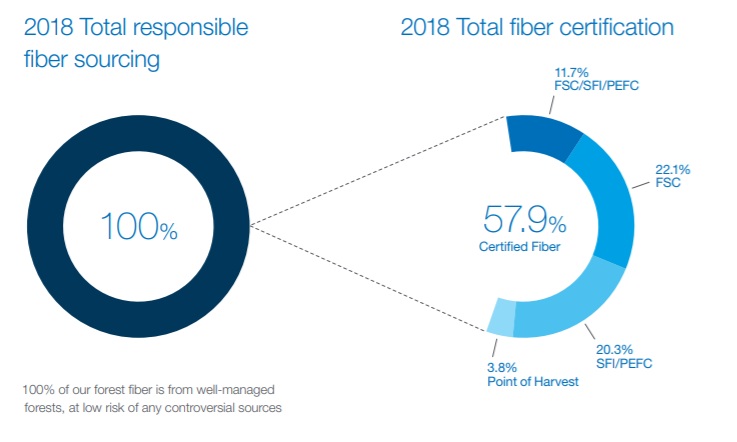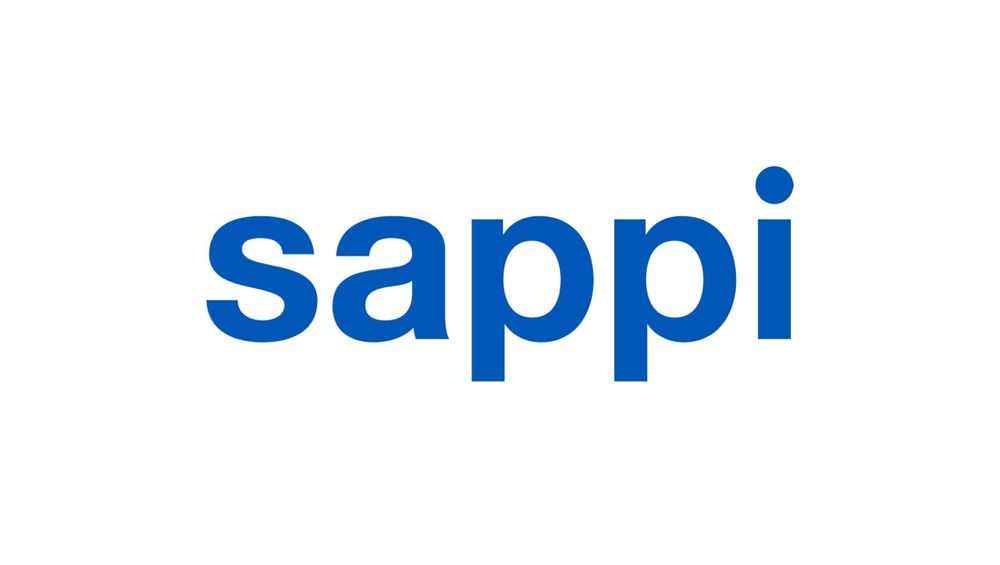Setting the Standard for Fiber
How Sappi maintains and enforces wood and pulp fiber certifications in North America

Each year we survey our performance in important areas of environmental and social responsibility by monitoring key metrics for fiber, emissions, energy usage and the impact of our operations on air, water and solid waste. We use this data to set improvement goals for our operations and interactions with key stakeholders.
Fiber
One hundred percent of our fiber (wood and pulp) is procured from well-managed forests and is third-party verified that it is from controlled and non-controversial sources. These third-party programs provide assurances that wood-based products have been procured from well-managed forests and are legally harvested. While Sappi does not own any forestland in North America, our foresters provide active forest management services for landowners within our procurement zones. We continue to support and recognize the efforts of multiple third-party certification programs, including FSC, SFI, PEFC and PEFC-endorsed certification programs including the Canadian Standards Association (CSA) and the American Tree Farm System (ATFS). The Point of Harvest certified fiber refers to wood fiber harvested from lands not otherwise certified by one of the aforementioned forest management standards, but rather is harvested by logging professionals who are trained and certified in practices designed to conserve forestland.
In 2018, Sappi adopted a definition of recycled fiber that is consistent with the EPA’s definition of recovered fiber. The EPA’s Comprehensive Procurement Guideline program’s definition of recovered fiber includes both post-consumer fiber and post-industrial fiber including manufacturing scrap from paper converting operations. Both the SFI and FSC certification standards include post-industrial fiber as part of their claim and labeling schemes, however, because some sources of recycled fiber are generated on-site (e.g., trim from sheeters) these materials do not meet the FSC definition of pre-consumer fiber. Sappi’s processes and recycled fiber sources have been verified by a third-party auditing firm (Bureau Veritas) as being in compliance with the SFI and PEFC requirements. Our McCoy, Opus and Flo Sheets grades all have a standard offering of 10 percent recycled fiber content. Web grades (including Opus, Somerset and Flo) are also available with 10 percent recycled fiber upon request.
Read more from Sappi North America's 2018 Sustainability Report here: tiny.cc/SappiNA_SR18

